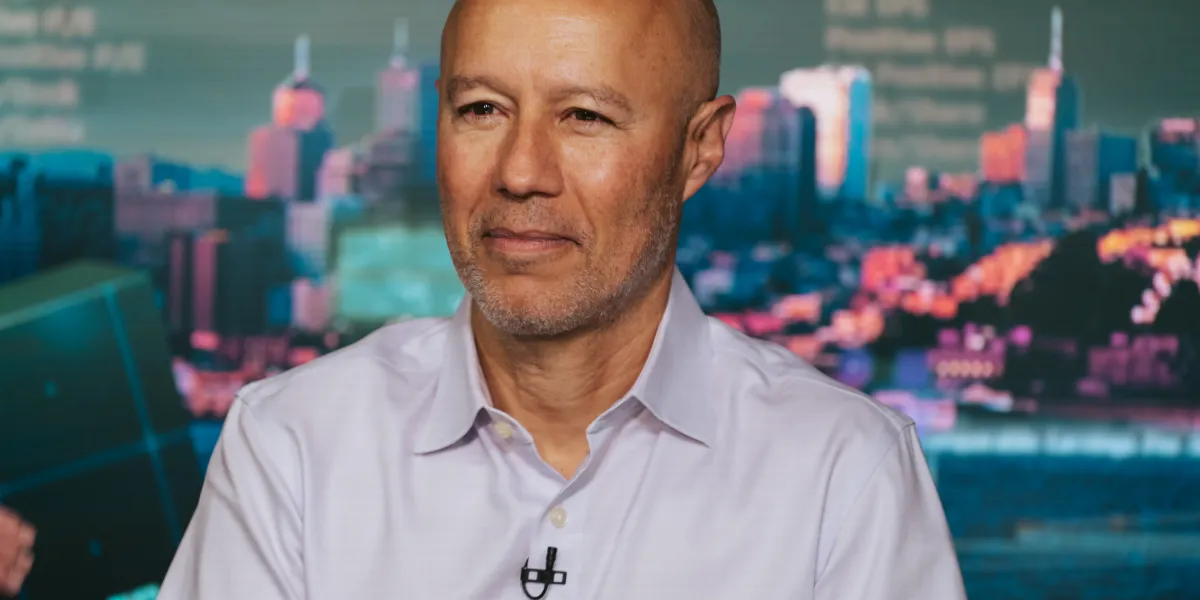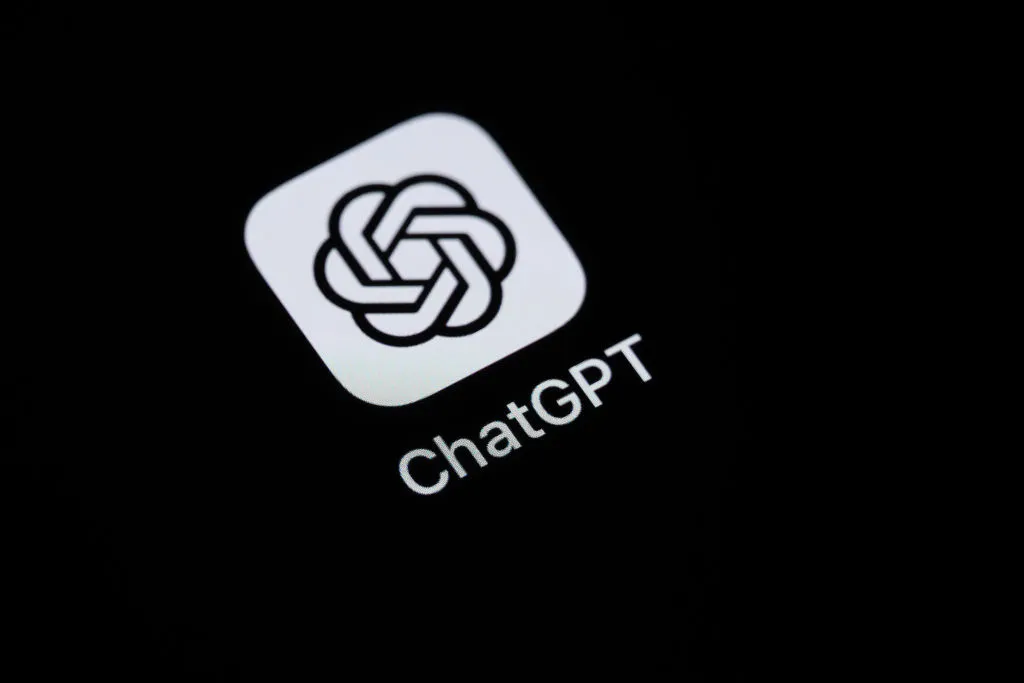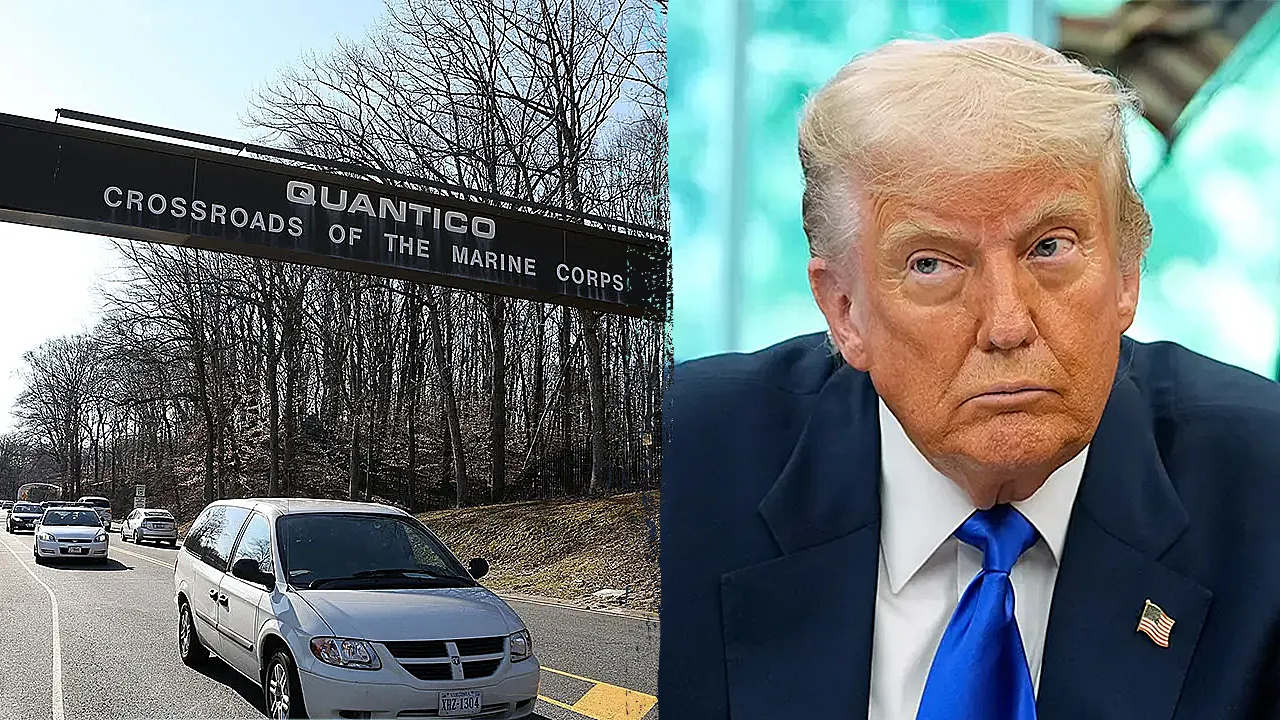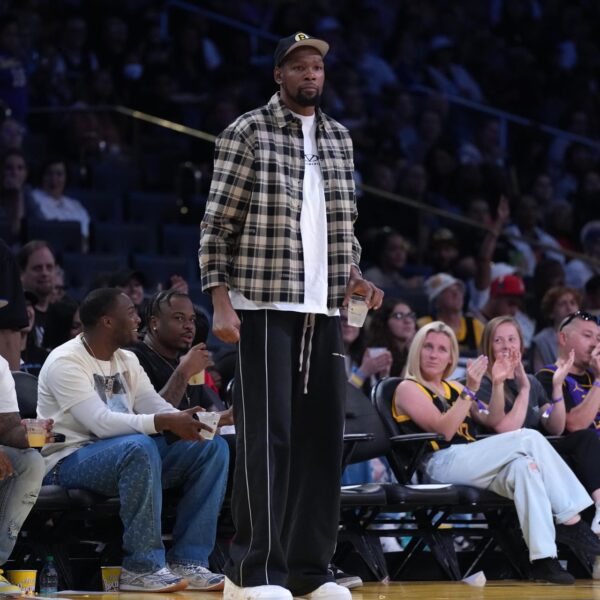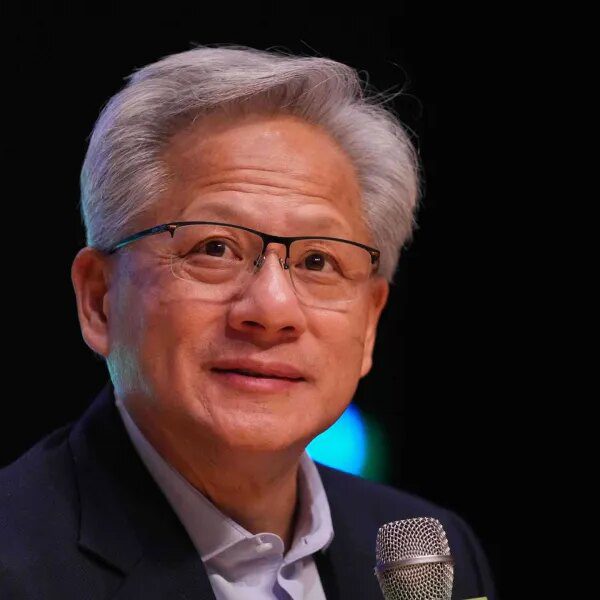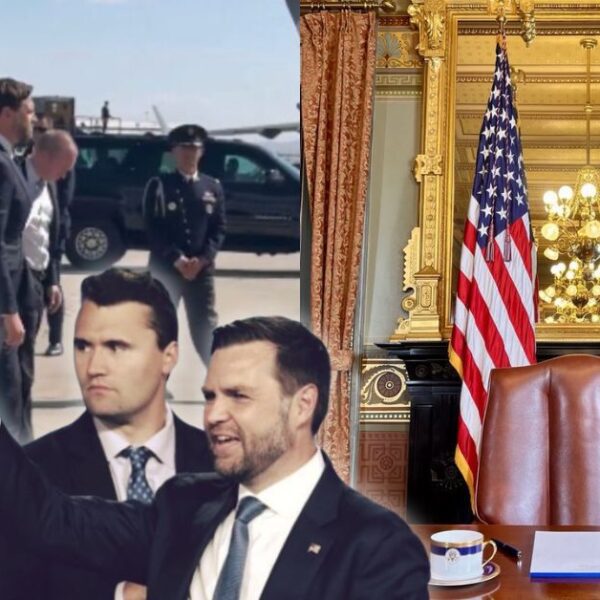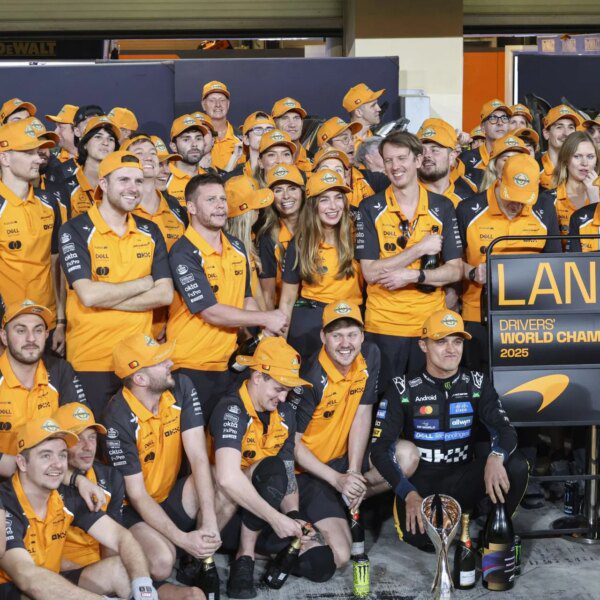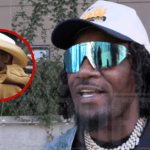
But even if you make it to the interview stage, you might not be prepared for the curveball question Lyft CEO David Risher likes to ask: “Design a car for a deaf person.”
The prompt may sound unusual, but for Risher, it’s a quick way to “suss out” whether a candidate can put themselves in the shoes of a customer—the ultimate green flag he always looks for when making a hire.
“I want to see the candidate close their eyes and ears and imagine what that feels like, then be able to describe the experience to me in detail, including what someone in that position might need,” Risher told the Wake-Up Call at Work newsletter.
“That’s how I know I’ve got someone who can build great customer-obsessed experiences.”
From Harvard MBA grad to tech CEO
Before he ever led a major tech company, Risher studied comparative literature at Princeton University and went on to earn an MBA from Harvard. His early career path took him to Microsoft and later to Amazon, where his obsession with customer focus took root.
The now 60-year-old often credits his experience working directly with Jeff Bezos as pivotal in shaping his approach: “Jeff taught me to wake up every morning remembering that customers are fickle, so you’ve got to innovate on their behalf every day,” Risher said.
That philosophy remains crucial as Lyft faces fierce competition from ride-sharing rivals like Uber.
“To create a profitable rideshare business, then, we’ve got to create enough ride volume to cover our costs. Anything left over is profit,” Risher wrote in a letter to shareholders last year.
“The best way to do that is to create a rideshare network that is so amazing that people choose it millions of times every day—and even more in the future. And there’s only one way to get there: customer obsession.”
Fortune reached out to Risher for comment.
Expect the unexpected during your next job interview
Risher isn’t the only chief executive who throws out unconventional questions to get a deeper read on applicants. Many executives keep unique prompts in their back pocket—not to trip candidates up, but to reveal how they think, decide, and communicate.
For example, former Indeed CEO Chris Hyams swears by a deceptively simple one:
“It might seem strange, but I ask everyone, ‘Do you have an iPhone or an Android, and why?’” Hyams told Fortune.
And while he admitted there’s not a right or wrong answer to the question—it’s more of an icebreaker than can help reveal the interthoughts of an applicant.
“I’m mostly curious about how people make decisions,” Hyams explained. “And it’s actually a long 15-minute series of back-and-forth on this, where I get to learn a little bit about the human being, and about how they make decisions.”
Michael Bush, CEO of Great Place to Work, told Fortune he sometimes likes to keep it casual and ask applicants simply what they like to do on the weekends.
“Usually, that’s unexpected, and I want to learn something about it,” he said. “I want to see if they’re willing to be transparent and truthful, or if they’re going to be filtering their comments, feeling that they have a fear of being judged.”
As the interview begins to wrap up, there’s one last thing you should ask before leaving the room, according to self-made millionaire Barbara Corcoran:“You look at the person interviewing you and you say to them: ‘Is there anything standing in the way of you hiring me?’”
Were you asked a curveball question at your last job interview? Or do you have an uncommon question you like to ask candidates? Share it with [email protected].

